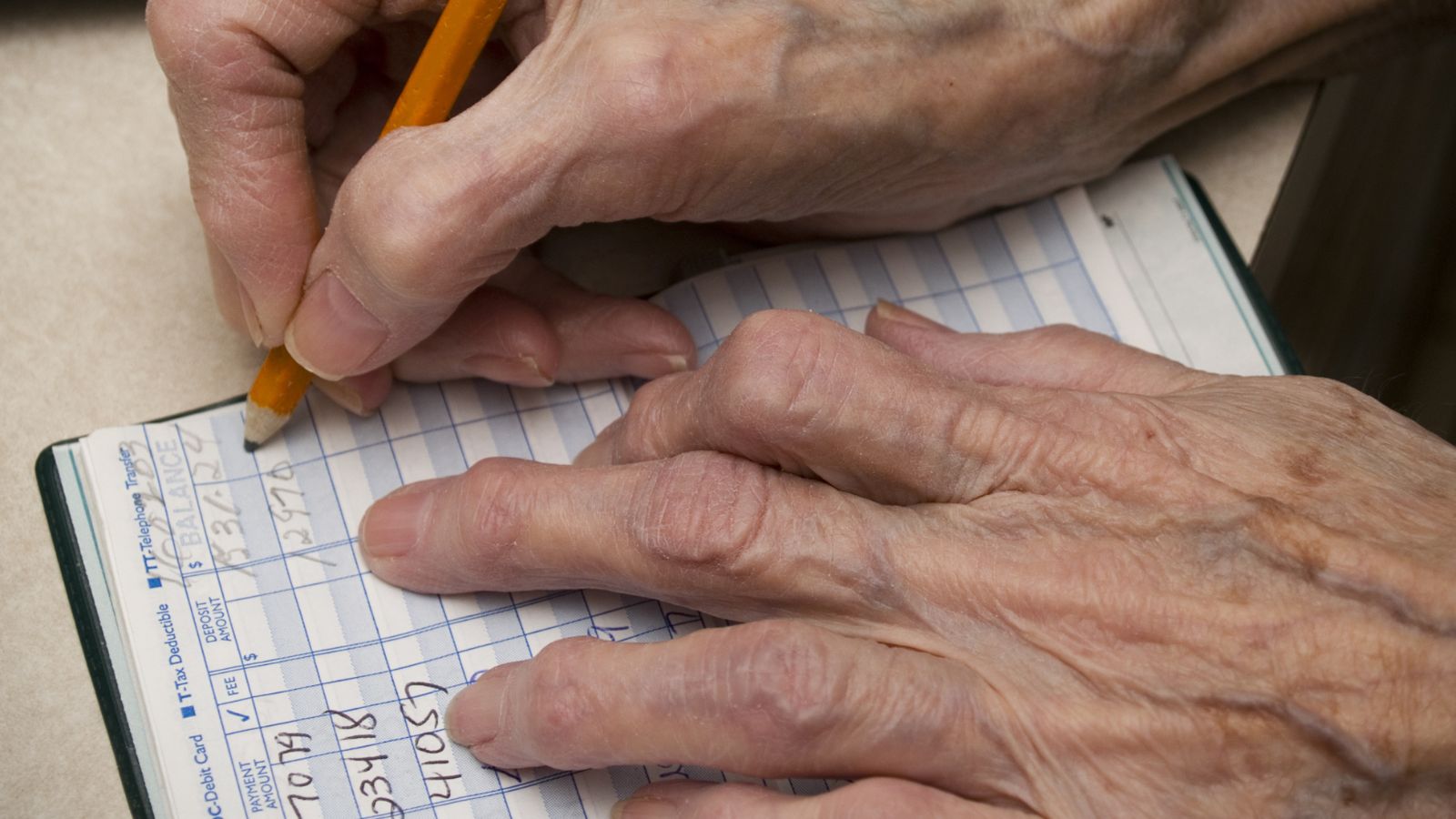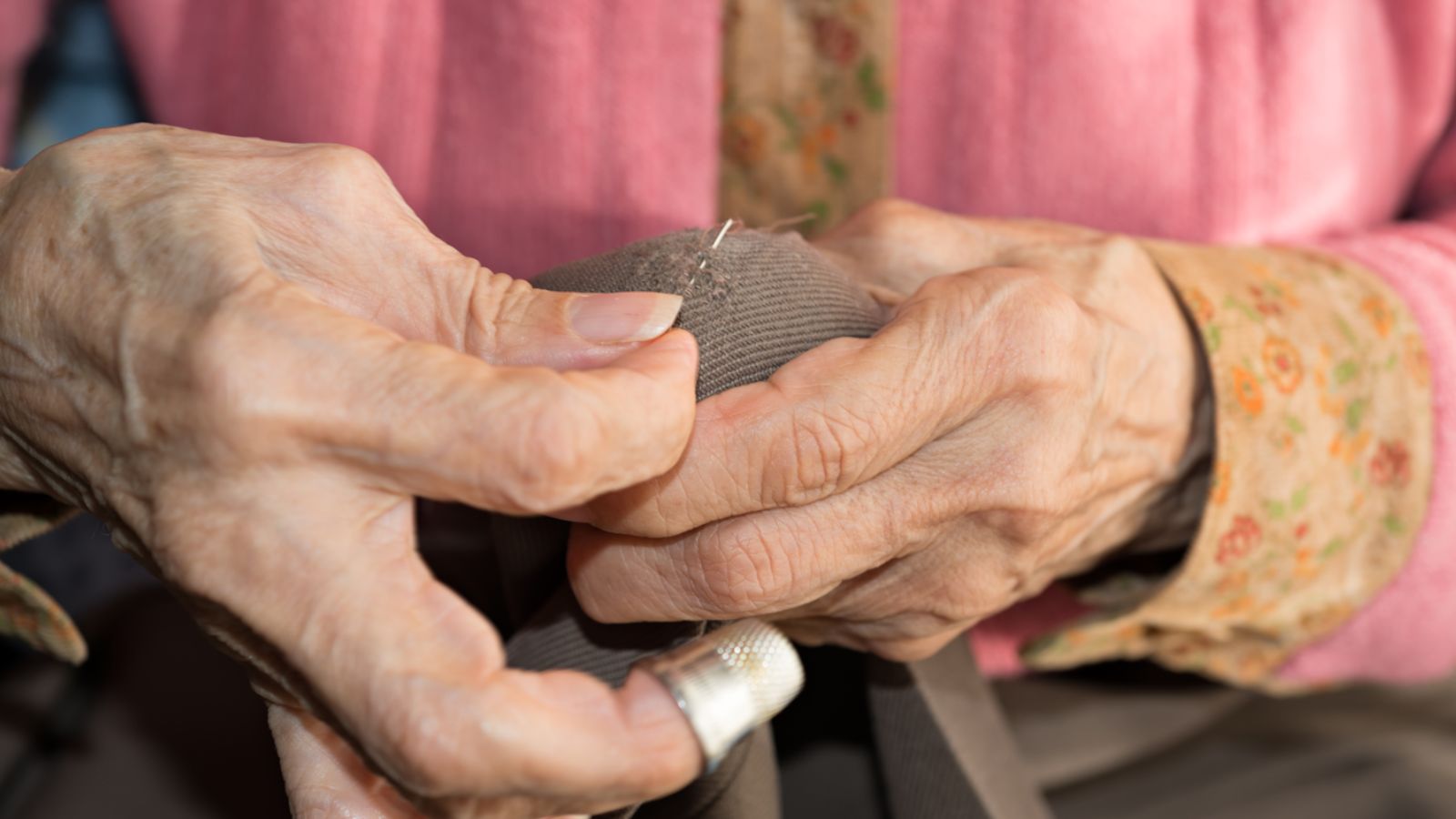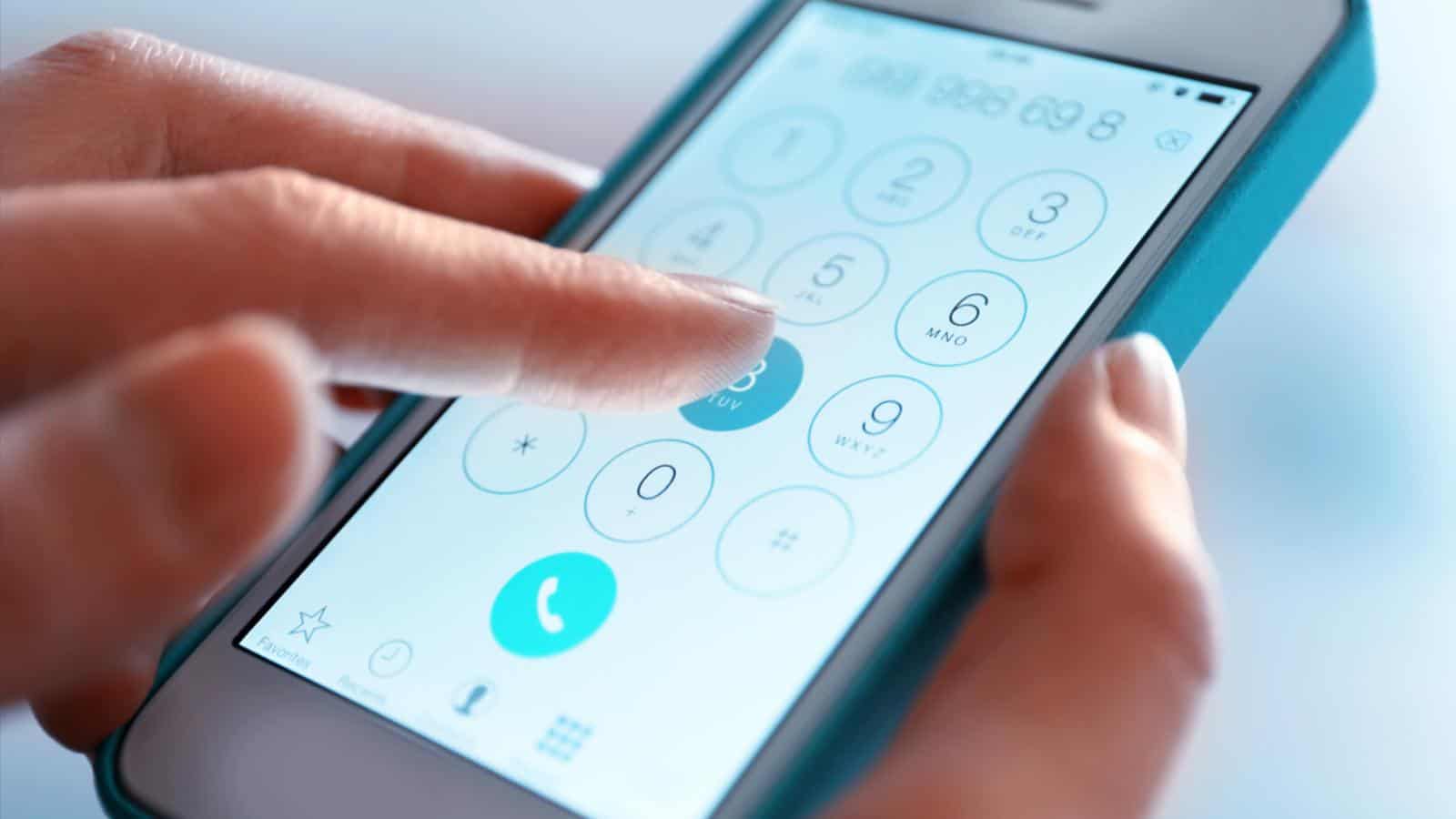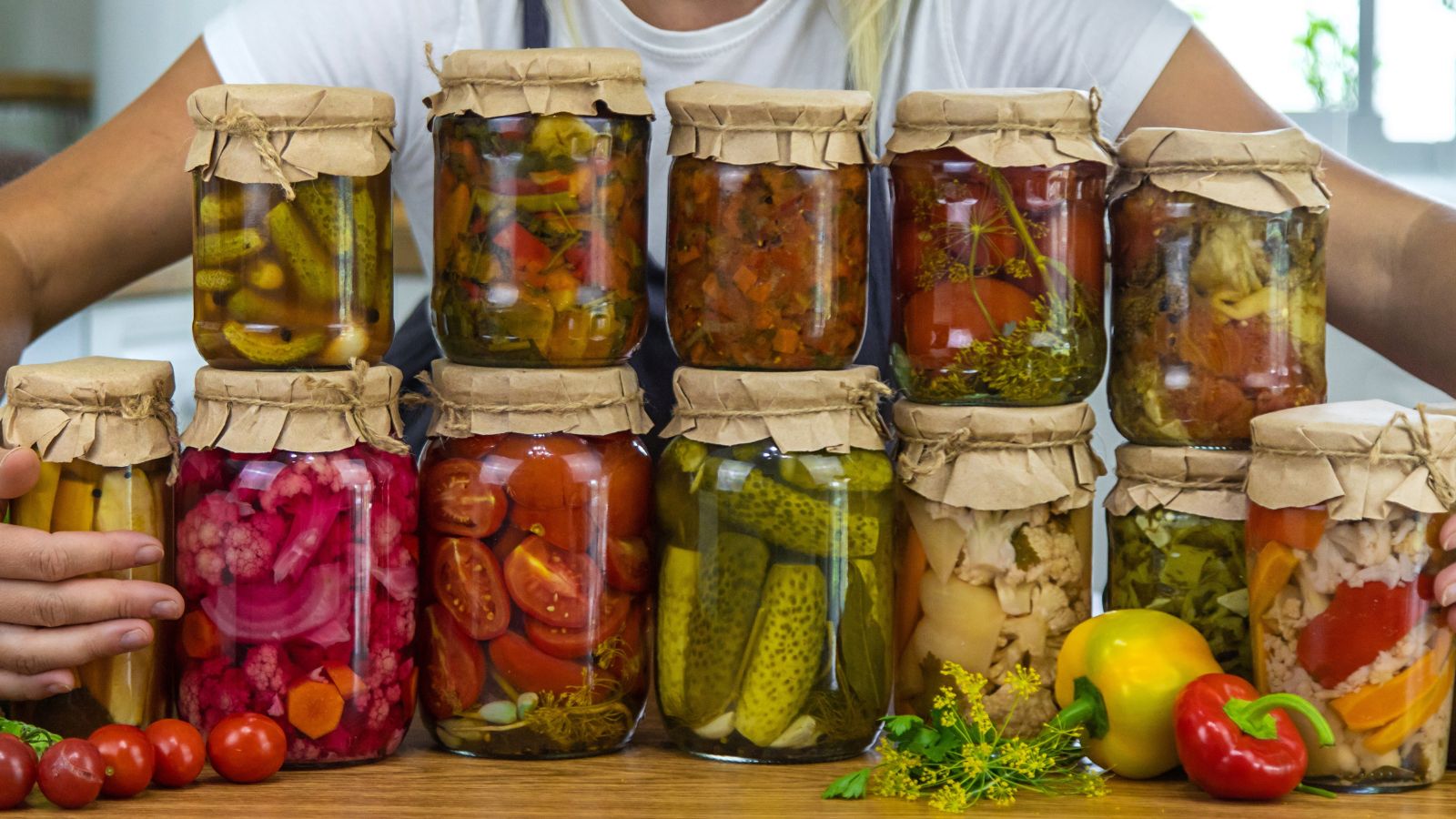Many skills that were once common knowledge begin to fade with each new generation. While technology has made life more convenient, it has also caused younger people to miss out on practical skills that were second nature to their parents and grandparents. Here are some skills boomers mastered that kids today often don’t learn.
Balancing the Books

Before online banking and mobile apps, people manually tracked their spending. Keeping a detailed ledger helped boomers stay on top of their finances. Today, many younger people rely entirely on digital banking and automatic payments, rarely thinking about where their money is going.
While online tools are useful, understanding how to manually track expenses and reconcile accounts remains an important financial skill.
Writing in Cursive

Once considered an essential skill, cursive writing is now barely taught in schools. The older generation learned to write fluently in cursive, which made signatures, handwritten notes, and formal documents more elegant and professional. Many younger people today struggle to read cursive, let alone write it.
Cooking from Scratch

The post-war generation grew up in a time when eating out was a rare treat, so cooking from scratch was a necessity. They learned to prepare full meals without relying on pre-packaged ingredients or takeout. There were no microwave meals, fast food, or meal kits for them. While these options are convenient, they often lack the nutritional value and cost-effectiveness of home-cooked meals.
Navigating with a Paper Map

GPS and smartphone navigation apps have made paper maps and road atlases more or less redundant when it comes to getting from place to place. Baby boomers learned how to read maps, plan routes, and navigate unfamiliar areas without digital assistance. Having a basic understanding of how to read a map can be crucial in situations where technology isn’t available or reliable.
Sewing and Mending Clothes

Sewing was a common skill taught in school and passed down through generations. They knew how to sew buttons, patch holes, and even make their own clothes. Today, most people toss out damaged clothing instead of repairing it.
Using Basic Hand Tools

They were expected to handle minor household repairs themselves. It could be fixing a leaky faucet, assembling furniture, or repairing a broken hinge, but they knew how to use a hammer, screwdriver, and wrench. Today’s generation tends to call a professional for even the simplest fixes.
Reading an Analog Clock

To tell the time on an analog clock was a fundamental skill. They learned it early in school, as digital clocks were rare. While analog clocks are less common today, understanding how to read them is still useful for certain settings, like using traditional wall clocks, wristwatches, or even deciphering timepieces in historical buildings.
Writing Letters and Addressing Envelopes

Handwritten letters were a primary form of communication before emails and text messages. The older generation knew how to write a proper letter, address an envelope correctly, and mail it. Modern generations rarely use traditional mail these days and struggle with addressing envelopes properly.
Memorizing Phone Numbers

Baby boomers had to memorize important phone numbers because they couldn’t rely on their phones to store them. Today, most people don’t know even their closest family members’ numbers by heart. Smartphones make life easier, but they also create dependency.
If a phone is lost or the battery dies, knowing at least a few key numbers can be extremely helpful in an emergency.
Changing a Flat Tire

Car maintenance skills were once considered essential, and they commonly learned how to change a flat tire. Today, we rely on roadside assistance or simply call for help. While services like AAA are convenient, being able to change a tire on your own can be a lifesaver, especially in remote areas where help isn’t readily available.
Canning and Preserving Food

The years after the second world war were a time when preserving food was a practical necessity. Canning, pickling, and making jams allowed families to store food long-term without refrigeration. Today, these skills have largely faded as fresh food is available year-round at grocery stores.
Making Change Without a Calculator

Decades before credit cards and digital transactions, people had to count back change manually. They learned how to do quick math in their heads, ensuring they weren’t shortchanged. Many younger people now struggle with basic mental math, relying on cash registers to do the work.
Understanding how to count money accurately is still useful in certain jobs and everyday situations.
Using a Manual Can Opener

Electric can openers have made manual versions seem outdated, but knowing how to use one is still a useful skill. Back in the day, folk didn’t always have access to electric gadgets, so they mastered opening cans by hand. So many young people today struggle with manual can openers or have never used one at all. But in power outages or camping situations, this small skill can make a big difference.
Ironing Clothes Properly

In years gone by, young people were taught how to properly iron clothes, a skill that ensured a neat and professional appearance. Today, many rely on wrinkle-free fabrics or toss clothes in the dryer to remove creases.
Steamers and modern fabrics have reduced the need for ironing, but knowing how to properly press a shirt or dress can still be useful for job interviews, formal events, and professional settings.
Finding Information in a Library

Libraries were the go-to resource for research before the internet. Older generations learned how to use card catalogs, encyclopedias, and reference books to find information. Today, we mainly rely entirely on Google and Wikipedia. Although digital searches are faster, knowing how to navigate a library and verify information from multiple sources is still an important research skill.
Writing Checks

The boomer generation wrote checks for bills and purchases, making it an everyday basic life skill. While online banking and debit cards have reduced the need for checks, they are still used for rent, utilities, and certain transactions.
While it may seem outdated, knowing how to write a check can still come in handy in situations where digital payments aren’t accepted.
